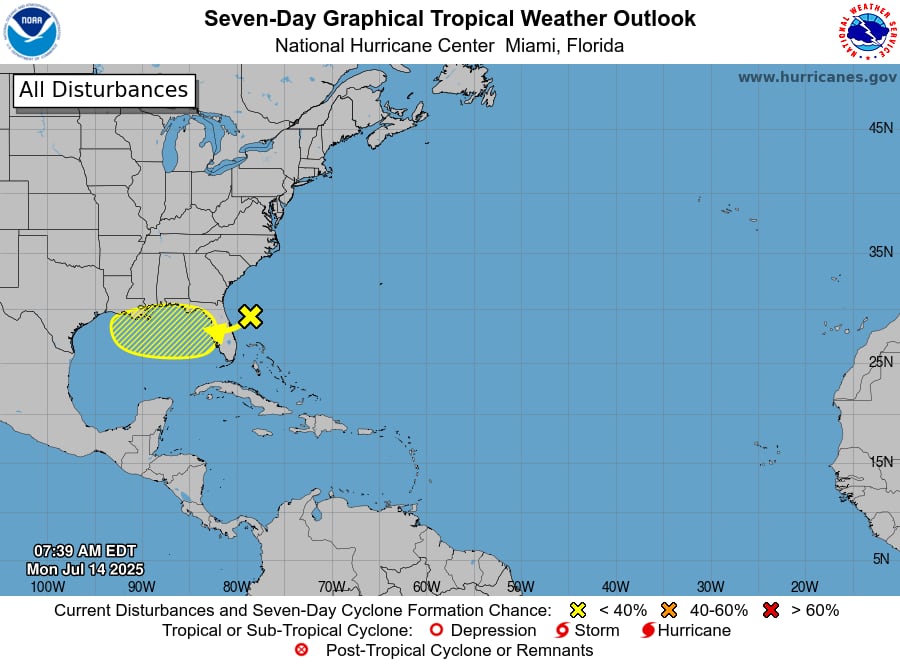Omaha, Nebraska. States and organizations that support rural health are warning that Congress’s cuts to Medicaid could ruin already financially precarious rural hospitals. According to one analysis, the Republican plan to cut around $1 trillion in Medicaid funding over ten years could put more than 300 hospitals in danger of closing. Rural hospitals are already struggling financially and rely significantly on Medicaid reimbursements. Advocates are concerned that the $50 billion included in the plan will not be sufficient to compensate for the damage to rural hospitals. Kentucky stands to lose more than any other state. According to one study, the state would lose an astounding $12.3 billion over a ten-year period.
He now worries that those farmers and the more than 3,000 people who live in Webster County may lose not only the emergency room but also the hospital’s affiliated clinic and nursing home, as Congress plans to cut Medicaid by around $1 trillion over ten years.
Sherman, who works at Webster County Community Hospital in the tiny Nebraska town of Red Cloud, just north of the Kansas border, stated that it would be challenging to keep the doors open if there were a cut to Medicaid reimbursement, which makes up a significant portion of our budget.
Many residents would have to travel almost an hour to the closest hospital providing the same services if those facilities closed, making the five-minute drive to Webster County Hospital much longer.
Sherman responded, “That’s a long way for an emergency.” Some will not be able to make it.
Hospitals that are already struggling would be very severely impacted.
States and organizations that support rural health caution that Medicaid, a program that serves millions of Americans with disabilities and poor incomes, would be severely impacted by cuts, possibly forcing hundreds of rural hospitals to close and leaving some residents in isolated locations without access to emergency treatment.
According to a study by the Cecil G. Sheps Center at the University of North Carolina at Chapel Hill, which monitors hospital closures in rural areas, the Republican measure may put over 300 hospitals in danger of closing. A health facility in the southwest Nebraska hamlet of Curtis said Wednesday it may close in the upcoming months, partly due to the expected Medicaid cuts, even as Congress wriggled over the contentious plan.
Pomfret, Connecticut resident Bruce Shay worries that he and his spouse might be among those left behind. He said that both of them were in superb health at 70. However, that probably indicates that it will be an emergency if anyone needs to visit a hospital.
Although Day Kimball Hospital in Putnam is close by, it has recently experienced financial difficulties. R. Kyle Kramer, CEO of Day Kimball, admitted that the bottom line of his rural hospital will be further harmed by a Senate bill that was passed Tuesday and is expected to reduce federal Medicaid spending in rural areas by $155 billion over ten years. About 30% of Day Kimball’s current customers are covered by Medicaid; for certain, essential services like behavioral health and obstetrics, the percentage is substantially higher.
“That’s a problem because in an emergency, I’m 45 minutes to an hour away from the nearest hospital,” Shay stated. Additionally, he and his spouse would not be the only ones required to travel that far.
Thousands of people depend on Day Kimball Hospital, I’m sure. Thousands of people would have to go to another hospital if it closed, he claimed. That is a significant burden to abruptly place on a hospital system that is most likely already overburdened.
Experts say the bill s $50 billion fund for rural hospitals isn t enough
Particularly in recent years, when Medicaid reimbursements have consistently fallen short of the true cost of providing healthcare, rural hospitals have long been on the precipice. According to the charity KFF, which researches health care issues, more than 20% of Americans reside in rural areas, where 1 in 4 persons are covered by Medicaid.
By eliminating a vital federal program that assists states in financing Medicaid payments to healthcare providers, President Donald Trump’s $4.5 trillion tax breaks and budget cuts measure, which was passed Thursday, will exacerbate the problems faced by rural hospitals. The bill contains $1.2 trillion in changes to Medicaid and other social safety net programs to help offset the lost tax revenue, but they argue that these cuts only address systemic waste and fraud.
However, Republicans included a provision that will provide $10 billion a year, or $50 billion altogether, to support rural hospitals over the next five years in response to public uproar over Medicaid cuts. Many supporters of rural hospitals are concerned that it won’t be sufficient to make up the difference.
Citing a recent American Hospital Association report that revealed hospitals in 2023 received nearly $28 billion less from Medicaid than the true cost of treating Medicaid patients, Carrie Cochran-McClain, chief policy officer with the National Rural Health Association, said rural hospitals already struggle to break even.
According to Cochran-McClain, rural hospitals across the nation are typically running on very low or negative operating margins. This means that any reduction in financing to a payer, particularly Medicaid, which accounts for a sizable proportion of revenue for rural providers, will have an impact on the capacity of rural hospitals to offer specific services or, ultimately, to remain open.
Kentucky is expected to be hit especially hard
According to a KFF research, despite the $50 billion rural fund, 36 states would lose at least $1 billion in Medicaid funding for rural areas over a ten-year period under the Republican measure. Kentucky stands to lose more than any other state.
The Bluegrass State would lose an astounding $12.3 billion, according to the analysis, which is about $5 billion more than the next state on the list. This is because the bill lowers Kentucky’s Medicaid reimbursement levels to those of Medicare and eliminates the state’s distinctive Medicaid reimbursement structure.
At the moment, Kentucky’s Medicare reimbursement rate is among the lowest in the nation. A third of its population is covered by Medicaid since it has one of the highest rates of poverty.
The law, according to Kentucky Governor Andy Beshear, a two-term Democrat who is sometimes considered as a 2028 presidential candidate, would shut down 35 hospitals in his state and deny health insurance to 200,000 citizens.
In Kentucky, Medicaid covers half of the children. Beshear stated during an MSNBC appearance, “They lose their coverage and you are rushing over that next prescription.” Every American’s life will be adversely affected by this. It will severely damage our economy.
From Hartford, Connecticut, Haigh reported.



